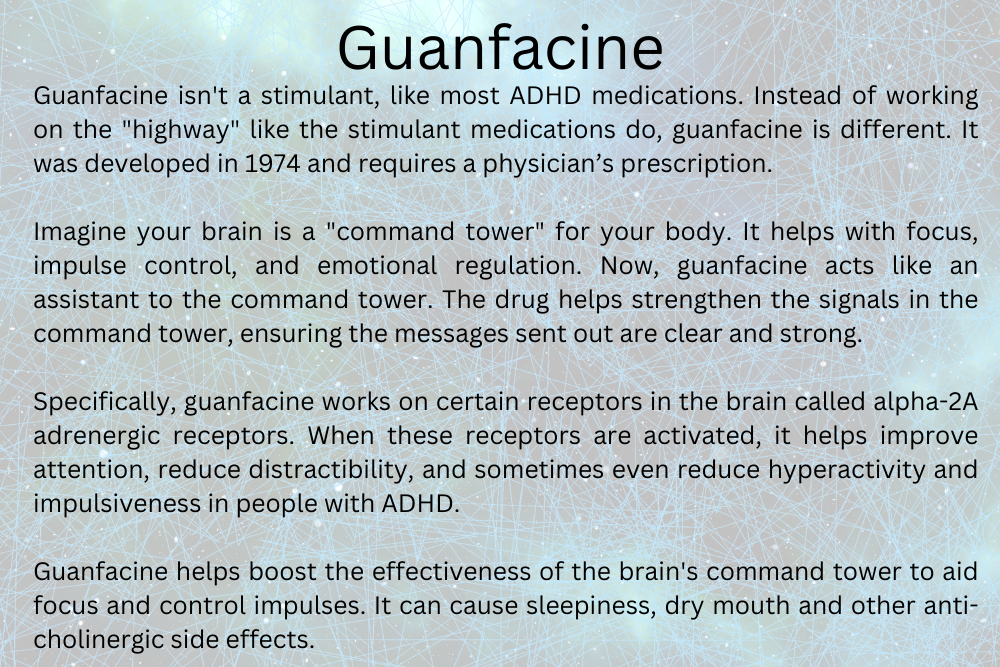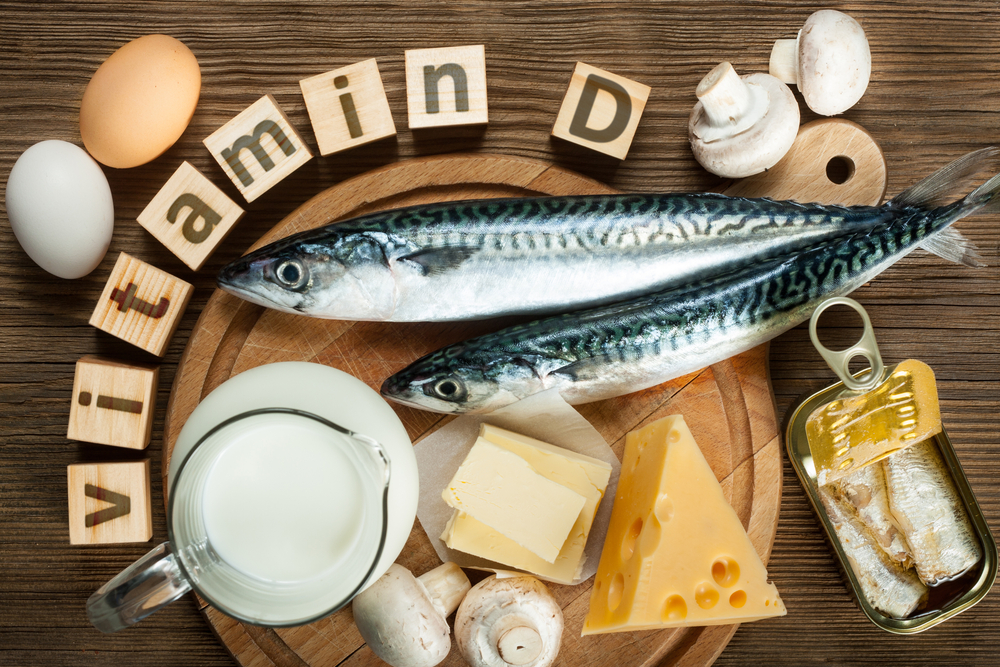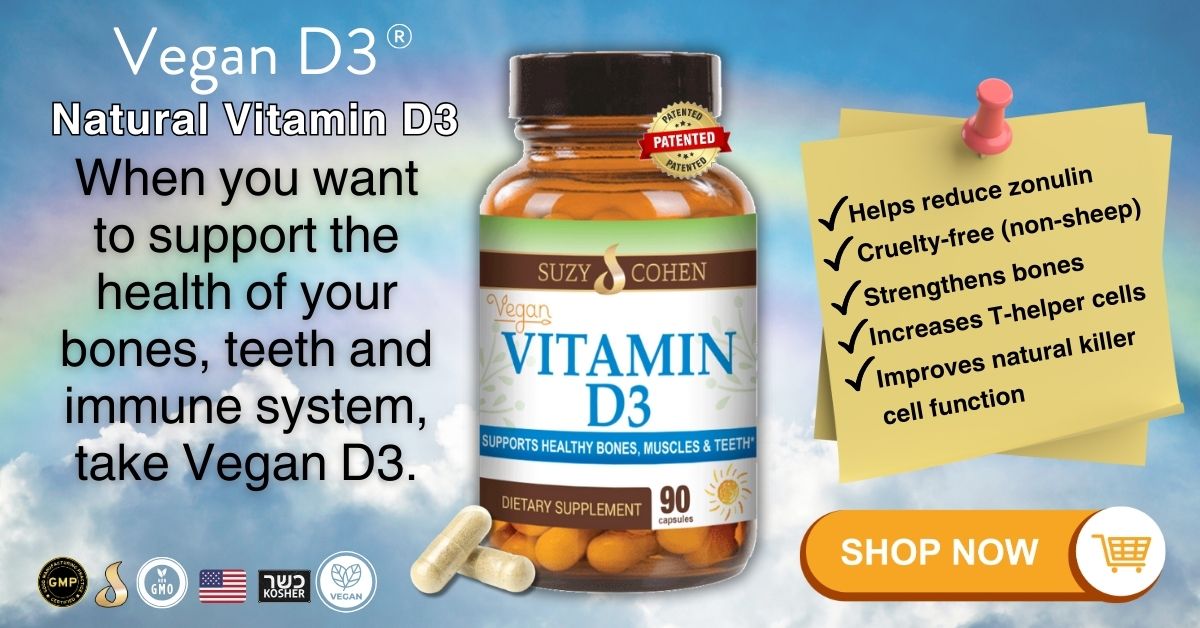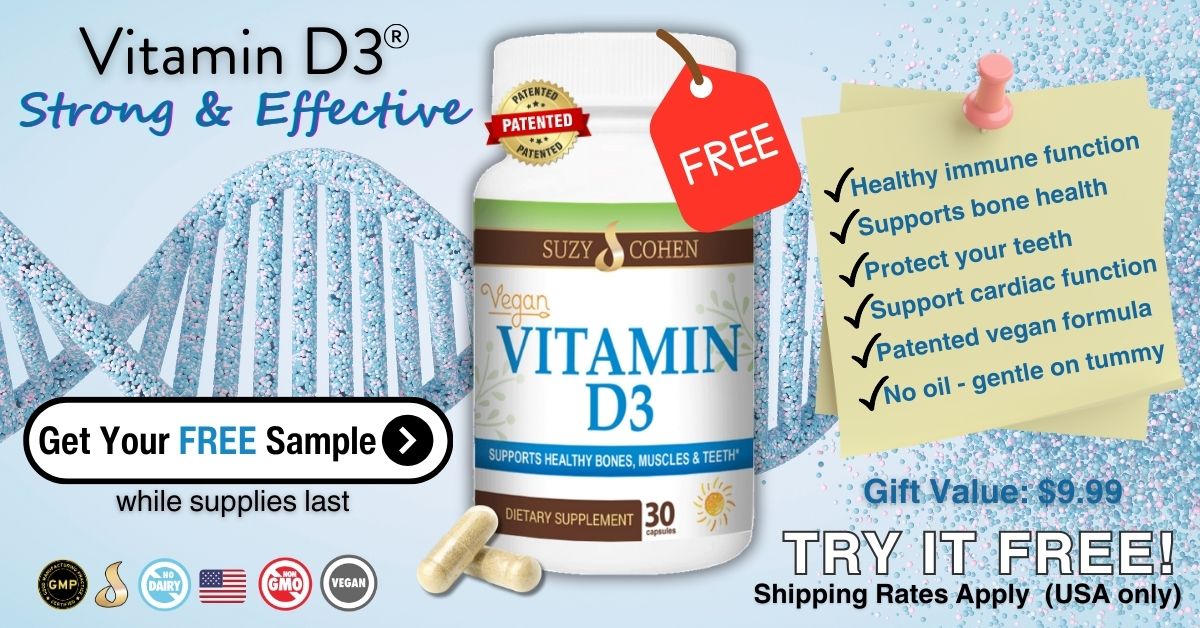What's On This Page?
ToggleHey there! If you’ve been wrangling with prescriptions for Adderall over the past nine months, I get it. And you’re not alone. Now, to add to the drama, we’re seeing shortages of other ADHD meds too. I can just hear the collective sigh of millions who depend on these medications and now have to jump through more hoops.
Besides Adderall, variations of methylphenidate (you probably know it better as Ritalin or Concerta) are also on the “short supply” list. In fact, some versions of these meds have been scarce since May, per the American Society of Health-System Pharmacists.
ADHD Medications 101:
Think of your brain as a busy highway with cars (called neurotransmitters) like dopamine and norepinephrine delivering important messages. In some people, there’s a traffic jam, making focusing hard.
Psychostimulants are like traffic helpers. They don’t make the brain hyper, but instead, they organize the traffic, helping it flow smoothly.
It seems odd, right? Giving a “stimulant” to someone who’s already distracted. But it’s like tuning a noisy radio to the right station: the noise (or distractions) goes away, and everything becomes clear and smooth. That’s how these “stimulant” meds help those with ADHD. Here are some commonly prescribed medications for ADHD, bear in mind that I only know the American brand names:
- Methylphenidate (Ritalin, Concerta, Daytrana, Metadate, Quillivant XR)
- Dexmethylphenidate (Focalin, Focalin XR)
- Amphetamine/Dextroamphetamine (Adderall, Adderall XR)
- Dextroamphetamine (Dexedrine, Zenzedi, ProCentra)
- Lisdexamfetamine (Vyvanse)
- Atomoxetine (Strattera)
- Guanfacine (Intuniv, Tenex) –> See my graphic, this drug is sometimes used for PTSD.

NOTE: Some of these medications can be used for medical conditions other than ADHD, and the best choice of medication can vary depending on your symptoms, age, and specific needs, as well as medical history.
Did you know that over 6 million kiddos have ADHD? Yup, and a good chunk of them, about 60%, rely on meds to help them out. And it’s not just the kids. Roughly 4.4% of adults in the United States have ADHD, with most of them also turning to medication.
We’re talking millions using these drugs to stay on top of symptoms that impact work, school, and life in general. There’s no judgment in that, it’s a fact that most physicians turn to prescriptions in order to treat patients with ADHD.
Here’s a head-scratcher: even though more adults have been reaching for their ADHD pills since 2015, the exact number of ADHD patients is up for debate. The crew at Shire Pharmaceuticals, who once made the well-known Vyvanse medication, pointed out that in 2015, more than half of the 63 million ADHD prescriptions were for adults. So we don’t really have an exact number of people with the condition, we just know that it’s A LOT and as such, running out of medication will be bad. We don’t make these pills in the U.S. either, so we’re reliant on foreign countries for them.
Now, why the shortage of ADHD Medications? It’s not just about sky-high demand.
Diving Deep into the ADHD Med Shortage: Manufacturers play peek-a-boo with the FDA when it comes to these shortages, informing them of the issue but not always revealing the reason. So, what’s behind it? Sometimes, it’s manufacturing hiccups. Other times, it’s because more patients are popping the pills. Last year, a concoction of issues led to an Adderall shortage that no one saw coming.
COVID-19 switched things up. More folks opted for telehealth, and voila! Adderall prescriptions soared. And here’s a tidbit: Between 2020 and 2021, the number of prescriptions for certain age groups jumped over 10%, says the CDC. But let’s not jump the gun. Adderall isn’t just an ADHD thing – it’s also for narcolepsy. The pandemic didn’t just change how we get our meds; it also had more of us seeking help for mental health, ADHD included.
Natural Support for the Brainy Bunch
1. Nootropic supplements: If you’ve ever been curious about natural brain boosters, you know what a nootropic supplement is. These are sold without a prescription, and the other name for them is “smart pills.” I think they are worth a look. Herbs like Lion’s Mane, Bacopa monnieri, Acetyl L carnitine, EGCG, and Ginkgo biloba are stars in this arena. And hey, Memory Script combines them all! I’ve named Memory Script due to its ability to support mood and enhance cognition.* But that’s just a name, it actually contains a blend of incredibly smart ingredients that are nootropic in nature. You can LEARN MORE here, and it’s always best to consult with a healthcare professional before beginning any supplementation.
2. Fish oils are brain food! The essential fatty acids they contain help support cognitive function and mood stabilization. Find these at your local health store.
3. Magnesium L-threonate is a gem for ADHD. It’s known to improve synaptic plasticity, potentially aiding memory and learning. MagFocus®? A cool option: LEARN MORE HERE.
4. Vitamin C is on the list because it aids in neurotransmitter synthesis. It helps make dopamine, as well as other calming and stabilizing hormones. Furthermore, it supports adrenal gland health and that is one lesser talked about factor to getting well.
5. Zinc? Helps ADHD by regulating dopamine, a crucial neurotransmitter in attention and movement. The chelated version is a tummy-friendly pick and gets absorbed like a dream. One study indicated that when zinc was taken alongside a psychostimulant, there was a close to 40% decrease in the stimulant dosage needed for optimal performance. Moreover, various other studies have highlighted its advantages in managing ADHD symptoms.
6. L-tyrosine: This amino acid is a precursor to several neurotransmitters, including dopamine, norepinephrine, and epinephrine. Dopamine, in particular, plays a significant role in mood and attention. Supplementation with L-tyrosine can potentially help increase these neurotransmitter levels, benefiting those with ADHD. Pick this up at any health food store or online.
7. Vitamin D: Low levels of Vitamin D have been linked to mood disorders and cognitive difficulties. Many people with ADHD have been found to have lower than average Vitamin D levels, making supplementation potentially beneficial for both mood and ADHD symptoms. Want a FREE sample bottle of #14 capsules? Just pay a small shipping fee – I’ll send it. HERE’S THE OFFER.

In a Nutshell
The ADHD med landscape is changing, and it’s a juggle. But with knowledge and alternatives in hand, navigating it becomes a tad bit easier.
There are natural vitamins and minerals as well as other holistic products that can help with brain function and cognitive abilities.*

Suzy Cohen, has been a licensed pharmacist for over 30 years and believes the best approach to chronic illness is a combination of natural medicine and conventional. She founded her own dietary supplement company specializing in custom-formulas, some of which have patents. With a special focus on functional medicine, thyroid health and drug nutrient depletion, Suzy is the author of several related books including Thyroid Healthy, Drug Muggers, Diabetes Without Drugs, and a nationally syndicated column.



